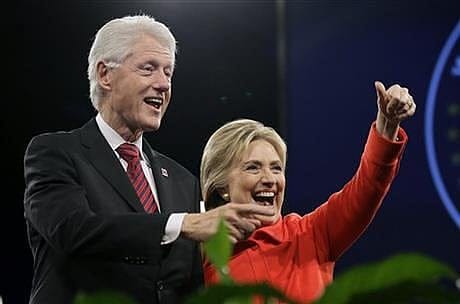Whence the virtue needed for American constitutionalism: Reason, faith, or commercial self-interest?

I am glad that Rob called attention to the recent debate between John McGinnis and Robert George regarding John Adams' famous proposition that our Constitution is designed for a moral and religious people and wholly inadequate for the governance of any other. Helpfully, both professors have published written versions of their respective contributions to the debate, George at Public Discourse and McGinnis in three parts at the Library of Law & Liberty (one, two, and three). These are two towering intellects, both men of good faith and unusual ability who share an appetite for acquiring knowledge and an obvious, mutual respect.
The timing of this debate is likely not an accident. Alarm at the lack of civic virtue in America, particularly among young adults, is running high at present. Underlying this concern is a consensus that virtue is important. At the very least, constitutionalism cannot function without pervasive lawfulness.

